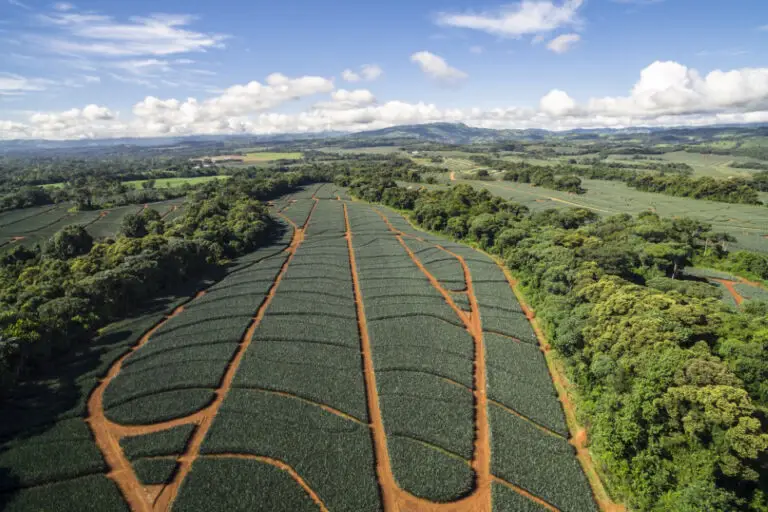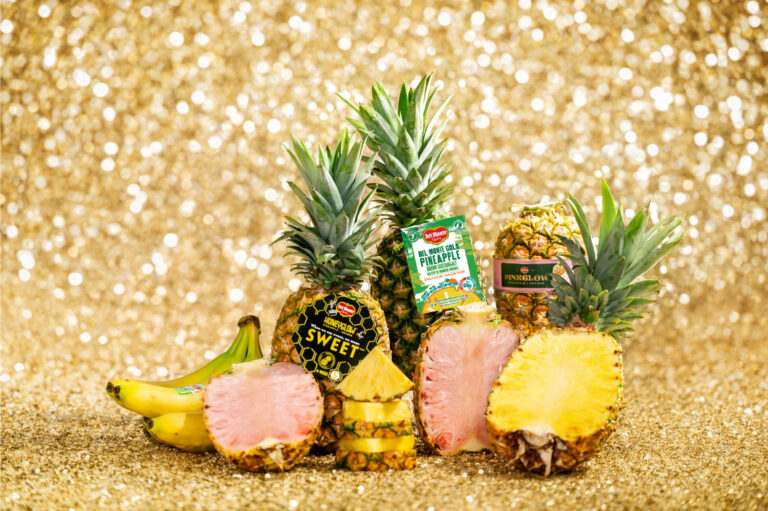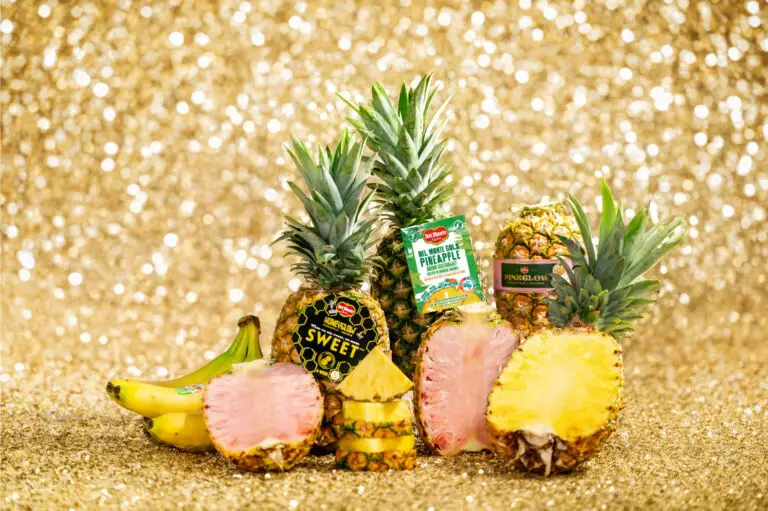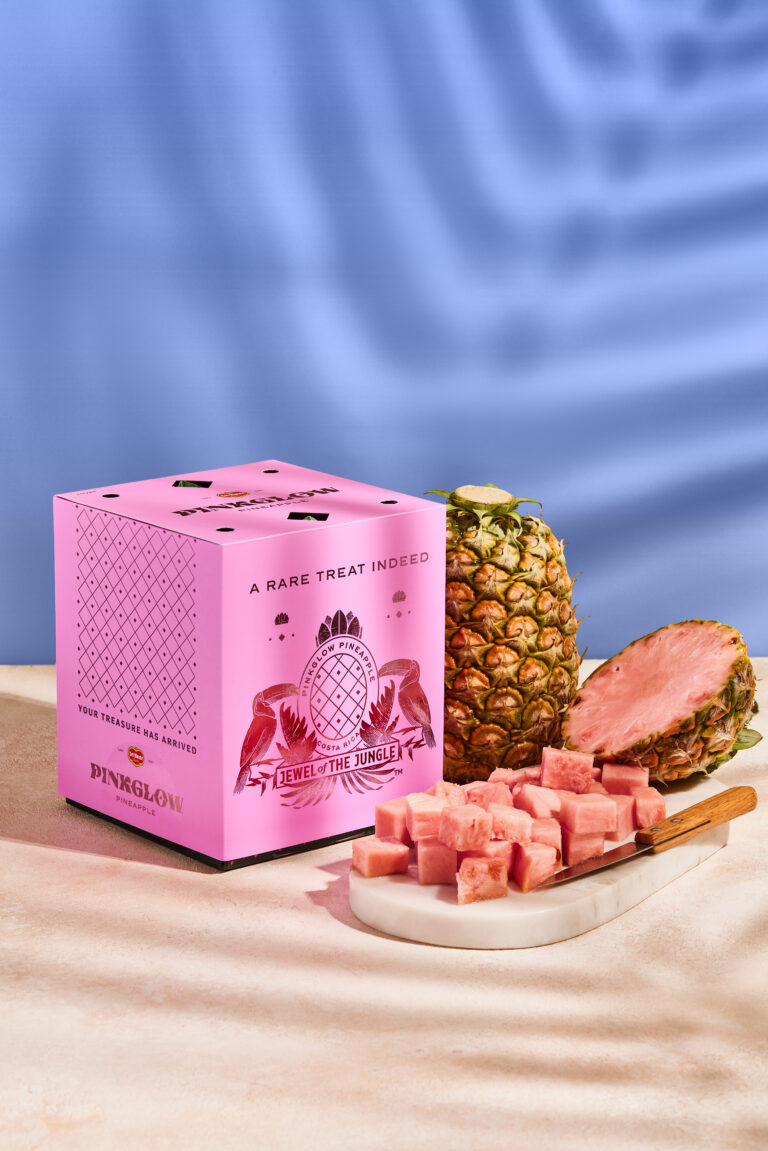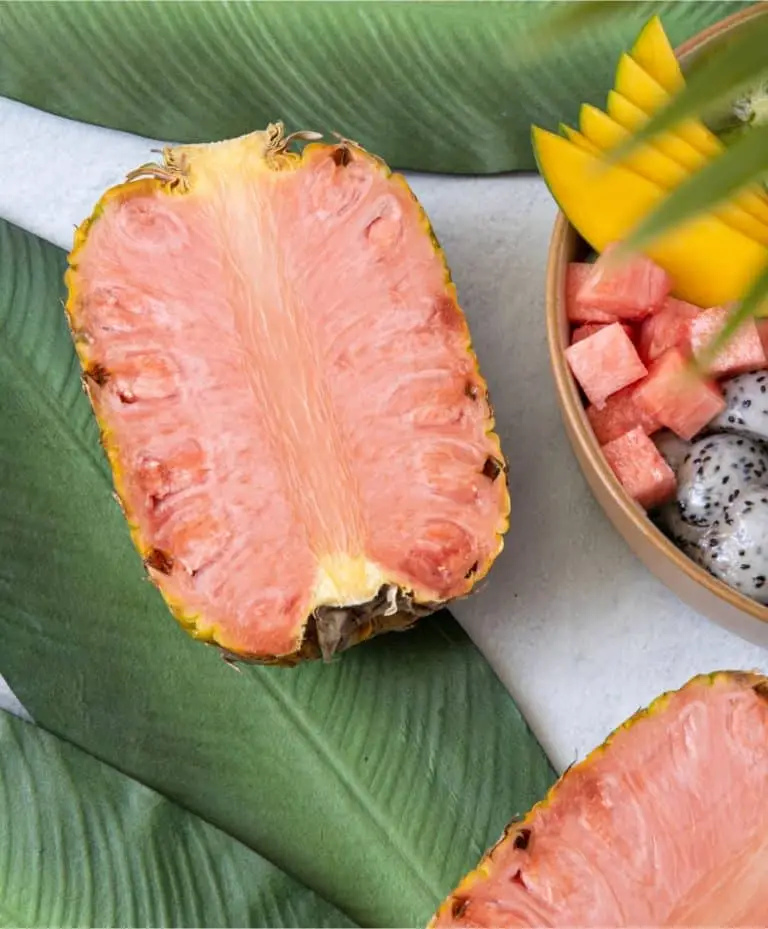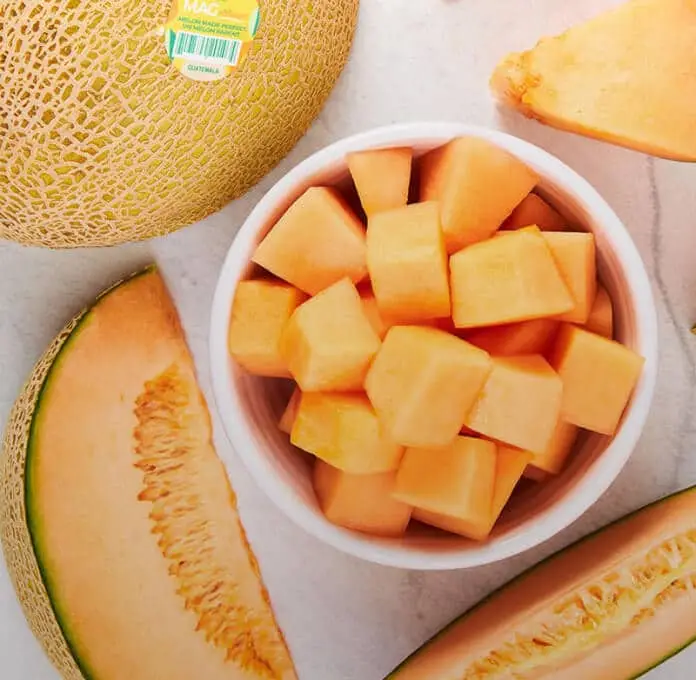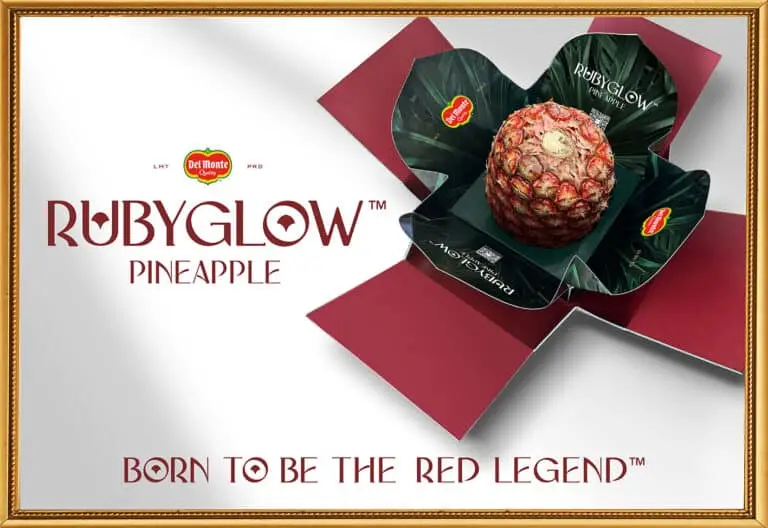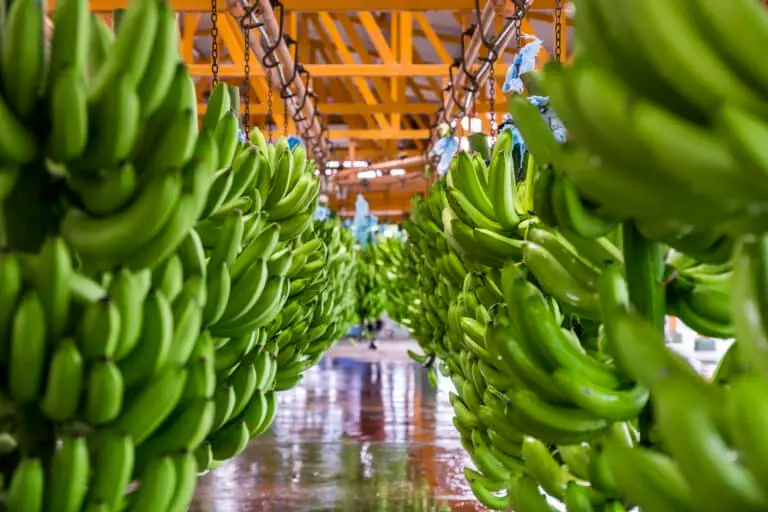As seen in AgricultureDive.
On the edge of a Fresh Del Monte pineapple plantation in Costa Rica, a jaguar stalks its way through a mass of trees as farmers continue to make their way through the harvest.
Here, on a plantation located next to the El Tigre Mountain Wildlife Private Reserve in Buenos Aires, Puntarenas, forest and farmland intertwine through the strategic use of biological corridors. These fauna-filled sections adjacent to farmland allow for the uninterrupted flow of wildlife, including a number of endangered species.
“Around 30% of our land is set aside for conservation,” said Hans Sauter, Del Monte’s chief sustainability officer, in an interview with Agriculture Dive. “And not only do we set it aside, we have been elevating the level of those efforts by bringing expert advice to monitor the health of these ecosystems.”
Preliminary studies found that conservation efforts have not only helped wildlife, but also protected a high degree of diversity among flora and fauna, according to the company’s 2021 sustainability report.
While many agriculture giants don’t own their own assets, approximately half of all produce sold at Fresh Del Monte comes from company-owned farms. That’s allowed the company to test out regenerative practices, from biological corridors to composting and the implementation of cover crops.
Sustainability in tropical fruit production fails to get as much attention, funding or research as large row crops like corn and soybeans. As a result, Fresh Del Monte has stepped up to address those gaps by forming its own partnerships with environmental organizations and governments.
“We have a great advantage and an opportunity to test things first, and demonstrate that they are really beneficial to specific crops,” Sauter said.
So far, those regenerative experiments have yielded impressive results. Around 30% of the company’s farms now use regenerative practices, and the produce giant reported a 26% overall decrease for Scopes 1 and 2 emissions in 2022.
Beyond wildlife corridors, Fresh Del Monte has spent significant time revamping aspects of operations to drive sustainability and efficiency. Much of the company’s decrease in emissions, for example, stemmed from changes in fertilizer use, fuel consumption and animal feed.
Moving forward, the company plans to roll out many of the practices used on its own farms to suppliers. Around 17% of associate grower farms currently implement regenerative and soil health management practices, and Del Monte aims to scale that across all farms by 2030.
“We want to take those practices also to our own suppliers,” Sauter said. “By testing practices on our own farms, that gives us the moral authority to talk from a different perspective with our suppliers.”
